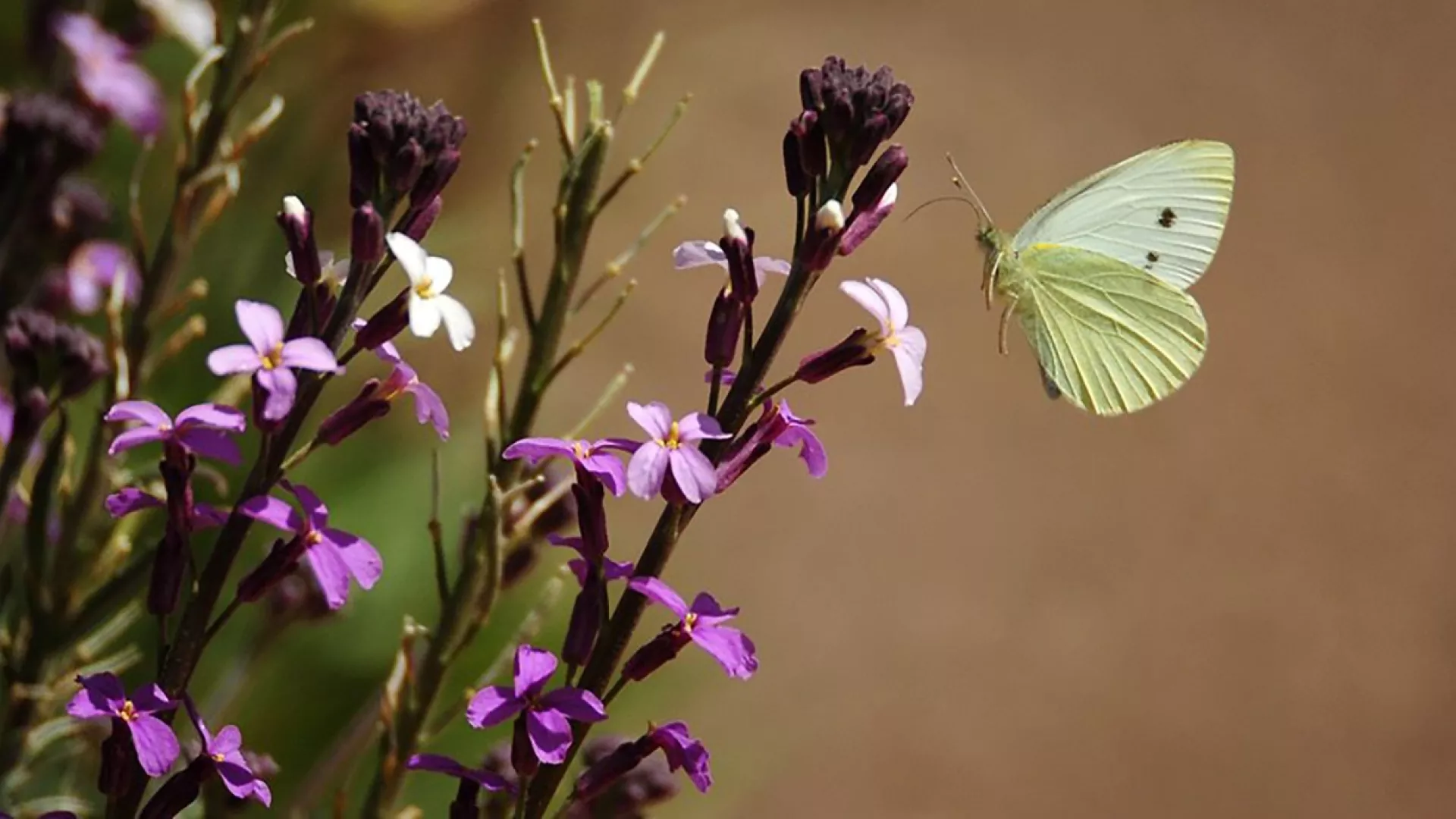MSc in Biodiversity, Conservation and Nature Recovery
How to apply
Applications are made through the University of Oxford's admissions website:
Any questions?
For more info on the course, please contact our course co-ordinator
About the course
The conservation of biodiversity is one of the most urgent and important challenges facing humanity. The next generation of conservation researchers, practitioners and decision-makers has the challenge of averting and reversing biodiversity loss and ensuring that nature recovery is a global priority in this period of rapid social, technological and environmental change. To respond to the challenges of modern conservation, there is a need for researchers and practitioners trained in the ecological, social and political dimensions of conservation and with the ability to think flexibly and innovatively at the intersection of theory, policy and action.
The MSc in Biodiversity, Conservation, and Nature Recovery (BCNR) replaces the MSc/MPhil in Biodiversity, Conservation, and Management (BCM, 2003 – 2024), building on its established strengths in biodiversity science and conservation governance, while embracing more ambitious, holistic, and inclusive approaches to conservation and nature recovery.
Students will join a community of over 500 BCM alumni. Our network of alumni is active throughout the world, with careers in research, policy, management and activism across the public, private and third sectors.
The course aims are to:
- Foster an understanding of the drivers of biodiversity loss and the trade-offs inherent to biodiversity conservation and nature recovery.
- Provide critical engagement with the key debates at the intersection of biodiversity science, conservation, and nature recovery.
- Cultivate the skills and knowledge to design socially just and culturally attuned conservation and restoration interventions.
- Integrate students into cutting-edge research taking place in the School of Geography and the Environment and the Leverhulme Centre for Nature Recovery.
- Enable students to reflexively analyse their own positionality and to apply their expertise confidently and sensitively to conservation and nature recovery projects.
Find out more about the structure of this course, field trips and our teaching staff.
Who should apply, and why
Candidates from a range of disciplinary backgrounds are encouraged to apply if they can demonstrate academic excellence and an interest in the cross-disciplinary field of conservation.
Find out more about who should apply for this course, fees and funding, how to choose a college and frequently asked questions.
Info for current students
Course information, timetables, and teaching materials for current students are provided through the Canvas VLE and on our Intranet.
Please also see the main University of Oxford Student's website for more information for current students.
Please note: The actual course content may vary from the information provided online and should therefore be taken to be indicative rather than tightly prescriptive.
How to apply
Applications are made through the University of Oxford's admissions website:
Any questions?
For more info on the course, please contact our course co-ordinator





